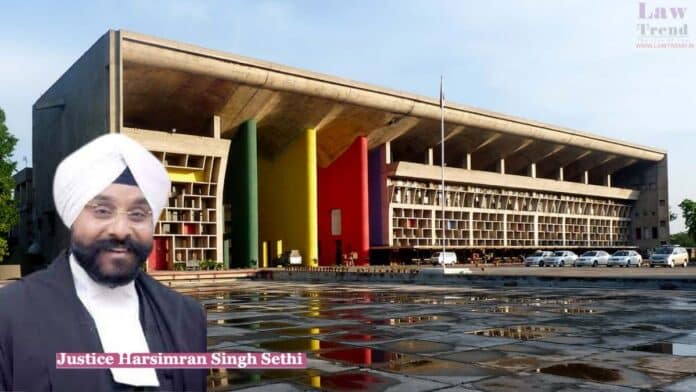In a significant ruling, the Punjab and Haryana High Court has clarified that a public authority cannot insist on a written application with signatures for an RTI (Right to Information) request made through email if the applicant has confirmed their identity. The judgment came in the case of Dr. Sandeep Kumar Gupta v. State Information
To Read More Please Subscribe to VIP Membership for Unlimited Access to All the Articles, Download Available Copies of Judgments/Order, Acess to Central/State Bare Acts, Advertisement Free Content, Access to More than 4000 Legal Drafts( Readymade Editable Formats of Suits, Petitions, Writs, Legal Notices, Divorce Petitions, 138 Notices, Bail Applications etc.) in Hindi and English.




